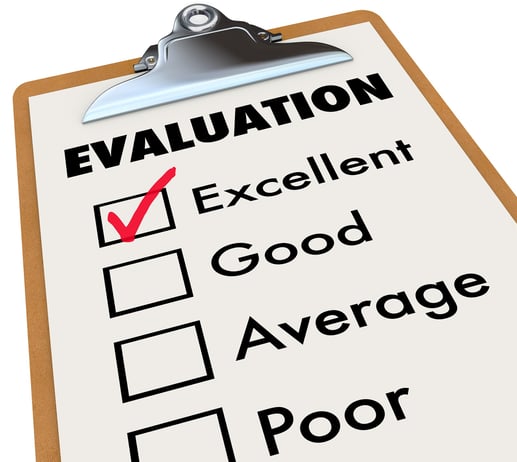As a property owner and taxpayer, you will find that the passage of House Bill 202 (HB 202) by the Georgia State Assembly works in your favor in many ways. Your job is to take advantage of the changes brought by the law in terms of your tax-related responsibilities.

Greater Access to Information
You can request information about the methodologies used by the Fulton County tax assessors in arriving at your real property’s new assessment value. You can also demand timely action on your request (i.e., within 10 business days) with the tax assessors liable for penalties in case of failure to provide less than the requirements.
Other additional responsibilities that your county’s tax assessors are obligated by law to comply with include:
- Attend a meeting at your request within 30 days of the date of request with monetary penalties in case of failure to comply;
- Allow you to record the meeting wherein you can ask information about the methodologies; and
- Provide you with the evidence that the county will use during the tax appeal hearing at least 7 days before the date of hearings.
The last is the most significant success for property owners and taxpayers in Georgia. Think about it: You, or your tax advisor or tax attorney, will have sufficient time to analyze the evidence of the Fulton County tax assessors and, thus, prepare your rebuttal.
Greater Relief During the Appeal
Aside from these benefits, you will find that two-year lock (i.e., freeze) following an appeal has been extended. Before HB 202 was enacted into law, the Board of Tax Assessors (BOA) could not increase the subject property’s valuation above the final value decided during a successful appeal to the BOE or Superior Court for two years following the year of appeal.
Starting on January 1, 2016, the lock-in period will now apply to the decisions rendered by the Board of Equalization (BOE), the hearing officer, and the arbitrator as well as any agreement reached by the BOA and the taxpayer after the appeal has been certified to the BOE.
But – and here’s where things get tricky – you have to remember that the provision contained in O.C.G.A. § 48-5-299(c) does not apply to reductions in valuation made by the BOA after its initial review of the appeal and before the appeal is certified to either the BOE or hearing officer.
HB 202 also limits the application of said provision in two ways:
- The lock-in period will not be applied when you or your representative does not attend the appeal hearing or you failed to provide the BOE, hearing officer, or arbitrator with written evidence supporting your opinion (i.e., initial valuation stated on the optional appeal form); and
- If you file a new appeal within the lock-in period of an old appeal, the valuation on your property may be increased by the BOE, the hearing officer, or the arbitrator. The increase will be based on valid evidence presented by both parties during the appeals hearing.
Just as much as the Fulton County tax assessors have their additional responsibilities under HB 202, you also have them! You have to be conscious about compliance as it can affect your chances at a winning appeal.



